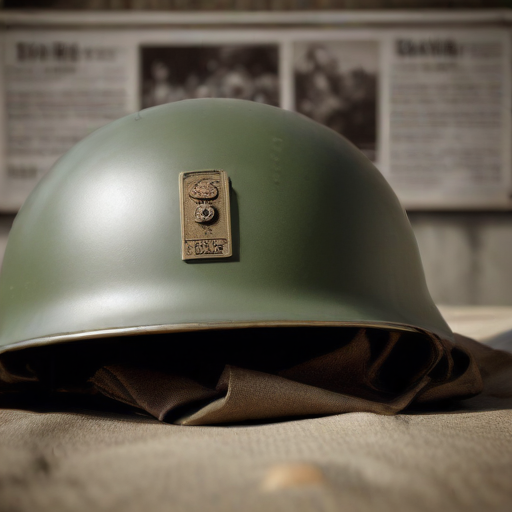South Korea’s military, previously viewed as a modern and structured entity after years of efforts to improve its reputation, faced a significant setback this week amid chaotic events related to martial law. During a parliamentary hearing on Thursday, General Park An-su, the Army chief of staff, provided testimony that highlighted the military’s unpreparedness and disorganization during a recent martial law directive initiated by President Yoon Suk Yeol.
General Park admitted that the rapid implementation of the martial law created substantial confusion, stating, “We were not militarily prepared because it was put into action in such a hurry.” This admission opened the floor for lawmakers to express their concerns regarding the military’s capabilities and decision-making process during this politically charged moment.
This potentially volatile situation erupted after President Yoon issued the martial law order late Tuesday night, which unleashed widespread unrest among the public and led to large-scale protests. Faced with an escalation of anger from citizens, President Yoon was compelled to rescind the decree just six hours later.
The events of this week serve as a reminder of the importance of communication, readiness, and transparency within military and governmental operations, especially during crises. As South Korea navigates this political turmoil, there remains an opportunity for leadership to rebuild trust and foster a sense of unity among the citizens, reinforcing the ideals of democracy and preparedness.
In conclusion, while the actions of the military can be scrutinized, this incident also serves as a pivotal moment for reform and improvement. The proactive engagement of legislators and the willingness of military officials to acknowledge shortcomings provide a foundation for positive change moving forward.
